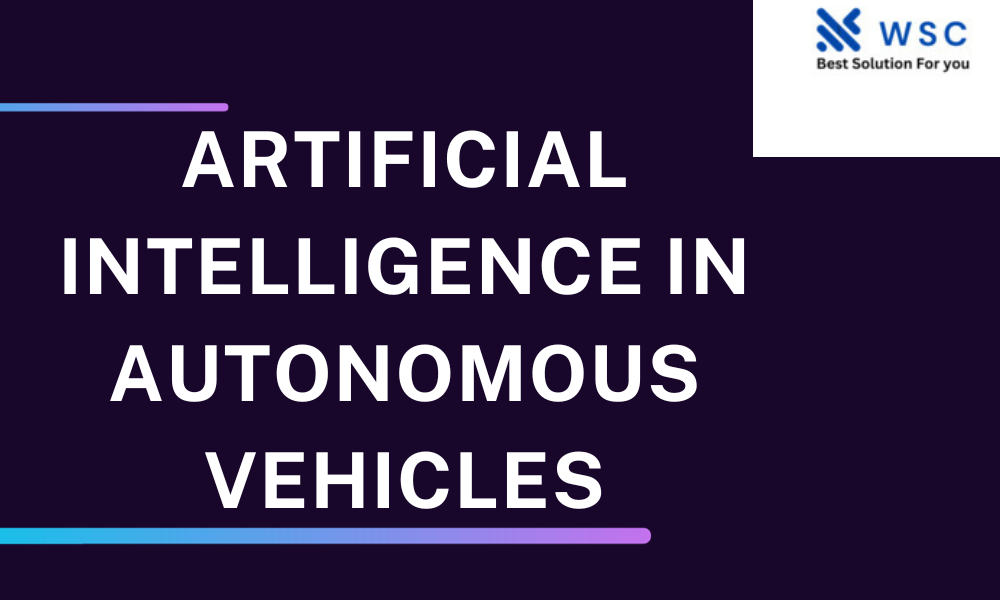Artificial Intelligence (AI) has been transforming industries across the board, and one of its most remarkable applications is in the realm of autonomous vehicles. In this article, we delve into the incredible world of AI-powered autonomous vehicles, exploring their impact on transportation, safety, and the future of mobility.
The Rise of Autonomous Vehicles
Autonomous vehicles, often referred to as self-driving cars, represent a technological breakthrough that is set to revolutionize the way we commute and transport goods. These vehicles are equipped with advanced sensors, machine learning algorithms, and powerful computing systems that enable them to navigate without human intervention. The development and integration of AI in these vehicles have paved the way for a safer, more efficient, and eco-friendly future of transportation.
Enhanced Safety on the Roads
Safety is paramount in the world of transportation, and AI-driven autonomous vehicles are making significant strides in ensuring it. These vehicles can react instantaneously to changes in their surroundings, identifying potential hazards and taking measures to avoid accidents. They are not prone to human errors such as distraction, fatigue, or impaired judgment. As a result, the roads become safer for all.
Reducing Traffic Congestion
AI-enabled autonomous vehicles have the potential to dramatically reduce traffic congestion in urban areas. Through their interconnected systems, these vehicles can communicate with one another to optimize traffic flow. They can coordinate merging onto highways, taking efficient routes, and reducing the need for frequent stops. The result is smoother traffic, shorter commutes, and a reduction in fuel consumption.
Environmental Sustainability
The incorporation of AI in autonomous vehicles has the added benefit of promoting environmental sustainability. These vehicles are often electric or hybrid, producing fewer emissions than traditional internal combustion engine vehicles. As they can optimize routes and driving patterns, they contribute to a reduction in overall greenhouse gas emissions. This move towards eco-friendly transportation aligns with global efforts to combat climate change.
Accessibility and Inclusivity
Autonomous vehicles promise a world of possibilities for individuals with disabilities or those who cannot drive. These vehicles can offer newfound mobility to a broader range of individuals, including the elderly and differently-abled. AI technology ensures that passengers can control the vehicle with ease, whether through voice commands or other interfaces, making transportation more inclusive.
The Role of Machine Learning
At the heart of AI in autonomous vehicles is machine learning, a subset of AI that allows these vehicles to learn from their experiences. Through a continuous stream of data from sensors and cameras, autonomous vehicles can adapt and improve their driving skills. They can learn to identify and respond to various scenarios, making them increasingly safer and more efficient over time.
Legal and Ethical Considerations
While the benefits of AI-driven autonomous vehicles are undeniable, they also raise important legal and ethical questions. Who is responsible in case of an accident? How should AI make decisions in situations where lives are at stake? These questions are yet to be fully answered and are a subject of ongoing debate.
The Future of Autonomous Vehicles
The future of AI in autonomous vehicles is incredibly promising. As technology advances, we can expect these vehicles to become even more sophisticated and integrated into our daily lives. This includes the widespread use of autonomous vehicles in public transportation systems and even the development of flying autonomous vehicles. These innovations are set to transform not just our daily commutes but also the way we think about transportation.
Conclusion
In conclusion, AI in autonomous vehicles is changing the landscape of transportation. These vehicles offer improved safety, reduced traffic congestion, environmental sustainability, and increased accessibility. Machine learning plays a crucial role in their development, and while legal and ethical questions remain, the future of autonomous vehicles looks brighter than ever. As AI continues to advance, we can anticipate a world where our daily commutes are not just efficient but also eco-friendly and inclusive.
Check our tools website Word count
Check our tools website check More tutorial




